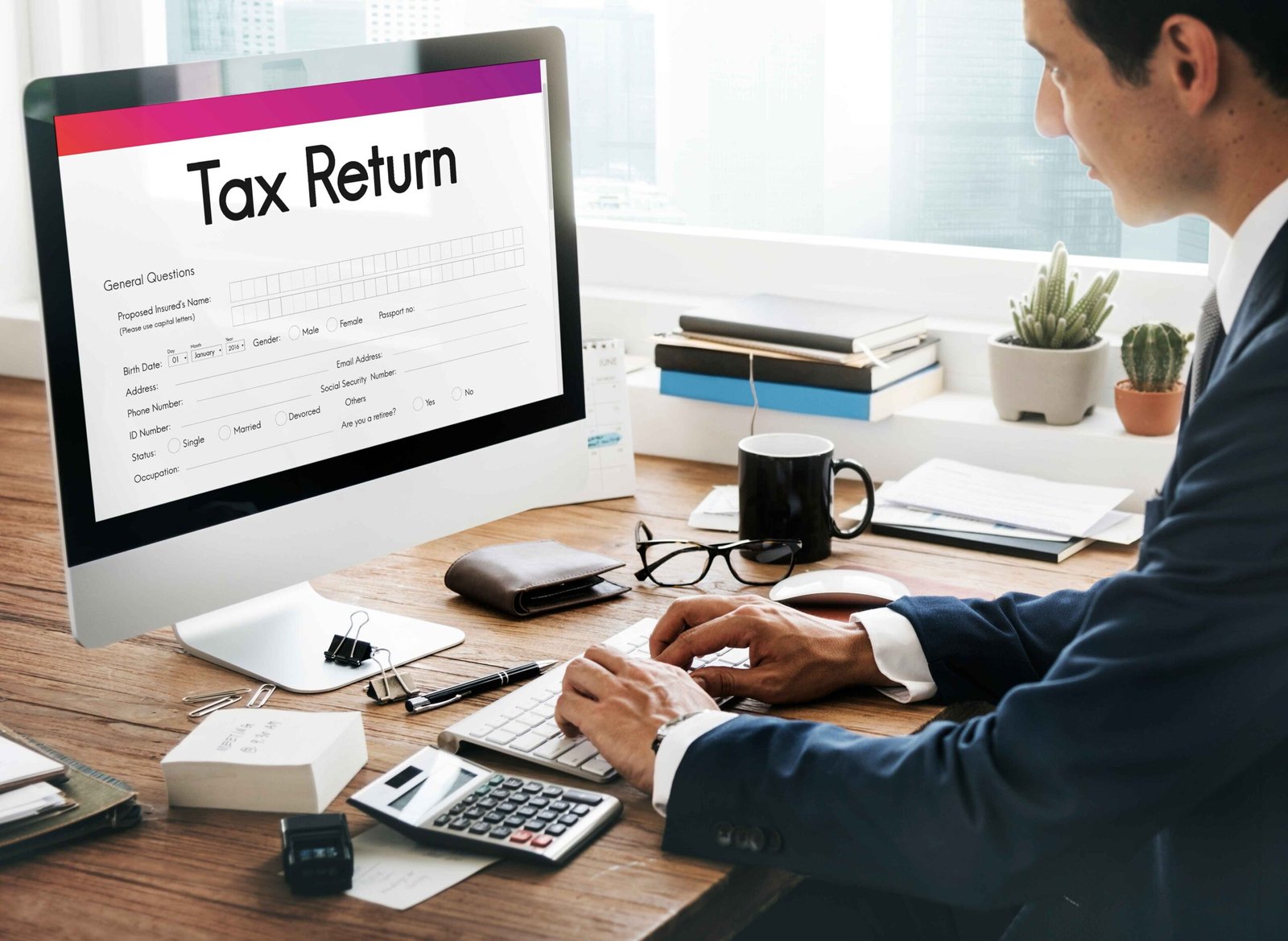Setting the Scene: Why Do Taxes Matter in Comparison?
This is a country in which every single dirham truly counts in business. Knowing the impacts of value added tax and corporate tax in pricing, profit and competitiveness is better to make strategic decisions. So, when all of this is unpacked under a single roof for side-by-side comparison, it reveals the real weight for companies and consumers in 2025.
Definitions at a Glance
What Is VAT?
VAT is a 5 percent tax on the consumption of most goods and services in all seven emirates. It has generally been collected in slices along the supply chain-from the businesses, but will be ultimately accounted by the end consumer.
What Is Corporate Tax, exactly?
As of 1 June 2023, the UAE will now start charging a federal corporate tax of 9% on annual taxable profits exceeding AED 375,000. Eligible criteria for exemption on the zero-rate qualification status apply to entities located in the free zone, while all mainland firms shall be fully in the scope.
Also Read About: VAT & Corporate Tax Services in UAE
Tax Base & Incidence
Where the Money Comes From
- Consumption expenditure
- Paid in cash by a customer at checkout
- Businesses offset by input tax credits
Corporate Tax
- Net income on a business basis
- Paid directly by companies
- Shouldered by shareholders, employees, and customers indirectly.
Collection Mechanics
- VAT: Filed via quarterly or monthly VAT returns. Input VAT is netted off, so only the value added at each stage is taxed.
- Corporate Tax: Calculated annually. Advance payments are optional, but the final return is due nine months after year end.
Pricing & Profitability Impact
VAT’s Immediate Price Tag
Because VAT is added on vat tax invoices, we see an instant rise in shelf prices. In sectors with tight margins, even a 5 percent add on can dampen demand.
Corporate Tax’s Subtle Ripple
Corporate tax doesn’t show up on a price tag. Instead, it can:
- Squeeze net profit
- Push management to trim costs
- Nudge firms to relocate if rates elsewhere look more tempting
Advantages in the Government’s Toolbox
VAT Benefits
- Broad Base – Tax applies to nearly every transaction, ensuring stable revenue.
- Lower Evasion – Chain credit mechanism makes fraud harder.
- Consumption Focused – Firms aren’t taxed on output, so production incentives stay intact.
VAT & Corporate Tax Benefits
- Progressive by Design – Only profitable businesses pay, sparing startups below AED 375 k.
- Level Playing Field – Keeps big profit makers from dominating purely on tax advantages.
- Policy Lever – Authorities adjust rates or grant incentives to steer investment into priority sectors (e.g., green tech or R&D).
Disadvantages We Cannot Ignore
VAT Drawbacks
- Regressive Tilt – Lower income households feel the pinch because they spend a higher share of income on VAT able goods.
- Admin Burden – SMEs juggle invoicing, bookkeeping, and filing schedules.
- Higher Final Prices – Can slow consumer spending in sensitive sectors like retail fashion or dining.
The Faults with Corporate Taxation
- Investment Flight Risk – The result is multinationals parking profits in low tax jurisdictions.
- Complexity in Planning – Transfer pricing, deductible expenses, free zone rules require special advice.
- Compliance Cost – Costs resulting from audits, documentation, and advisory can shoot through the roof.
Industry Specific Insights
Companies qualifying for Free Zone
Certain qualified free zone companies can lock in 0% corporate tax registration in UAE on qualifying income and still charge VAT when supplying the mainland.
Oil, Gas & Banking
Certain activities have license rates of above 9%, as specified in the legacy decrees, and have special computations done for them.
Digital Services and E-Commerce
Non resident suppliers of digital service shall be registered for VAT if their turnover exceeds AED 375 K and in case they create a permanent establishment for corporate tax in Dubai.
Geographic Distribution
Dubai & Abu Dhabi – Most heavily concentrated set of taxable entities, with an advisory ecosystem.
Sharjah & Ajman – Building up as hubs for SMEs, though VAT compliance support is fractured at the moment.
Northern Emirates – Free zone incentives keep most startups effectively at zero corporate tax rates.
Accessibility & Compliance Tools
- EmaraTax Portal – Unified gateway for VAT filings and, soon, corporate tax returns.
- E Invoices – Mandatory for some sectors, easing VAT reconciliation.
- Tax Residency Certificates – Secure treaty benefits and avoid double taxation.
Some strategic points for the year 2025
- Integrate input tax planning with profit shifting guardrails.
- Review supply chain agreements to secure VAT compliance clauses.
- Use R&D tax incentives to offset the 9 percent corporate hit.
- Keep updated on calls regarding UAE corporate tax reform 2025-it can pivot on rates or thresholds.
Know more about: VAT & Corporate Tax Services in UAE
The Accountiverse Advantage
Here at Accountiverse, we make work easy with VAT returns, bullet-proof corporate tax files, and seamless corporate registration UAE requirements—all while freeing the client to grow.
Conclusion
VAT essentially fills governmental coffers with each sale, thereby impacting costs to the consumer, whilst corporate tax in Dubai is purely on profits and wants to adjust the behaviors of corporations and hence the investments they make. Knowing how these two structures function will enable one to navigate 2025 confidently by maximizing cash flows, ensuring compliance, and availing all incentives that the UAE has to offer. There is the common view that VAT and corporate tax are almost the same, but they differ from one another in broad-ranging consequences on the budgets. One has to realize that master themselves in both areas, otherwise, there will not be a difference between them and the competition in the extremely fast-evolving fiscal environment of the UAE.


